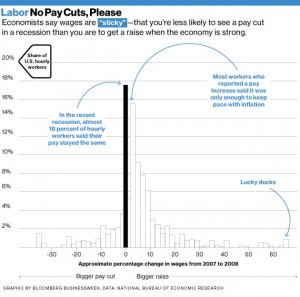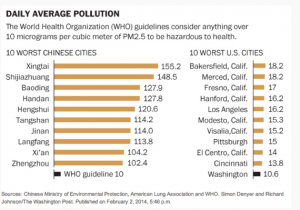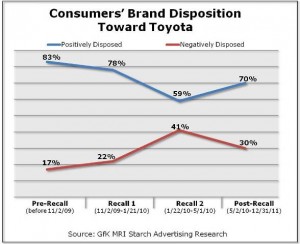People often assume that the big three factors of the market: wages, job opportunities, and company earnings all significantly degrease during an economic crisis. However, contrary to popular belief, wages tend to be unaffected by recessions and only suffer minimal change. The idea behind this misconception is that most people hear “recession” and think “lower pay,” when in reality, companies focus on paying workers fairly to boost morale and, in turn, production.

As shown in the graph above, most workers who still had their jobs in 2007 and 2008 reported approximately the same earnings as before the recession. While workers tend not to lose any pay, it is highly unlikely that they receive a bonus.
Unfortunately, businesses have to do something about money they lose, which is where unemployment comes into play. As a company continues to keep wages high, it must also keep prices high to maintain a balance. During a recession, consumers generally have trouble affording pricey goods, which leads to a decrease in demand and reduces company earnings. Therefore, companies compensate for the money they lose in the market by laying off more of their workers.
Images and References:
http://www.businessweek.com/articles/2014-09-18/cutting-wages-is-hard-to-do-why-thats-bad-for-unemployment#r=nav-f-story
http://www.frbsf.org/economic-research/publications/economic-letter/2013/july/wages-unemployment-rate/

